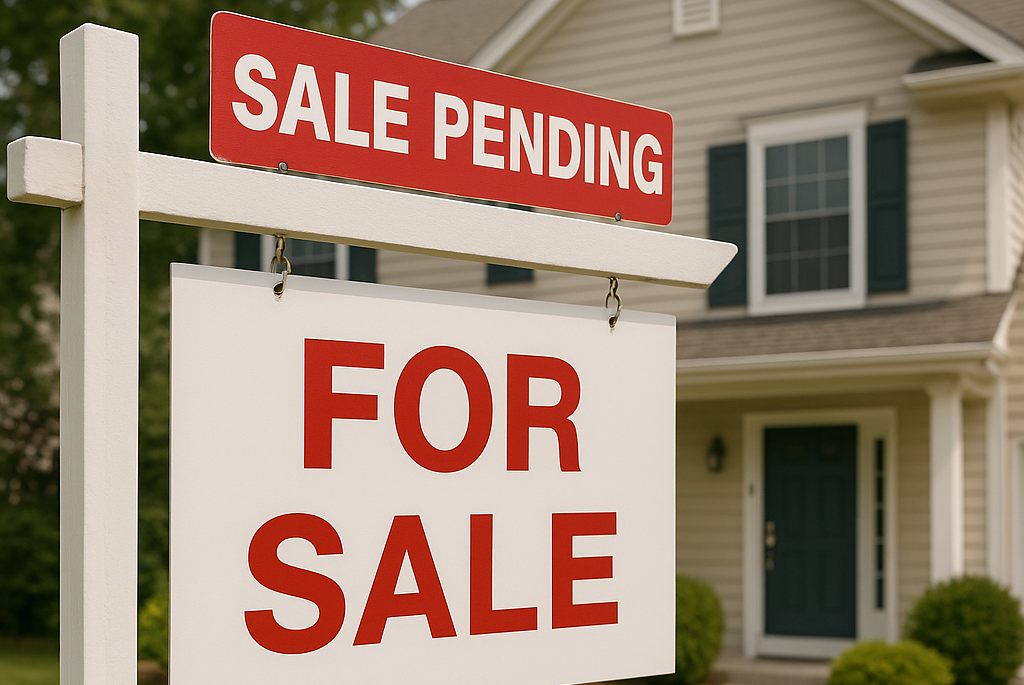I
n a competitive real estate market, buyers often resort to creative tactics to stand out. One such tactic is writing a personal letter to the seller, known as a "love letter," explaining why they want their home. However, experts warn that this strategy may backfire in 2025. As the spring housing season heats up and listings increase, buyers may feel pressure to act quickly, but real estate professionals caution against relying on emotional appeals that could raise legal concerns or turn off sellers.
The impact of love letters is mixed, according to Charlie Lankston, executive editor at Realtor.com. While a seller with an emotional connection to their home might be more inclined to accept an offer from someone who shares that connection, others may view it as a business transaction and be put off by personal appeals. A 2021 Zillow survey of real estate agents ranked love letters among the least effective buyer strategies.
If buyers do decide to include a letter, experts recommend focusing on what they appreciate about the home itself, being sincere but avoiding plans to remodel or upgrade the property. They should also avoid sharing personal details that could reveal characteristics such as race, religion, family status, or occupation, which could expose sellers to Fair Housing Act violations.
The National Association of Realtors has warned that buyer letters may pose fair housing risks, especially when they contain information that could influence a seller's decision in a discriminatory way. In 2021, Oregon passed a law banning real estate agents from delivering buyer letters, highlighting growing concerns across the industry.
Instead of relying on love letters, buyers can strengthen their offer by focusing on their finances: having a mortgage pre-approval letter ready, offering more than the standard down payment, ensuring credit and financial documents are in order, or considering a cash offer. Buyers can also ask their agent to find out what matters most to the seller, such as a flexible closing date or lease-back agreement.
With active home listings jumping over 30% in April compared to last year, buyers may soon have more leverage – even without writing a love letter.














